Kombucha: how a trend is brewed
During the last five years, the amount of traffic the world “kombucha” has received by Google has almost doubled; between December 2017 and January 2018, as the interest over time was at an all-time high of 100/100.
The beverage industry has been stunned by the rise in popularity of the fizzy kombucha. In 2009, total industry sales were estimated at $100 million. Five years later, total sales are now approaching $400 million. Why is this happening? What exactly is so special about kombucha?
It’s actually quite simple: kombucha is a drink that is truly unique. It is the perfect mix of the healthy ingredients found in tea, the gut-friendly structure of probiotics, and even a slight buzz created by its fermentation process.
Origin:
Kombucha was first brewed in Northern China, 200 B.C. by a Korean physician by the name of Kombu. His creation began to expand throughout all of China, Europe until it became a fairly frequented drink. Its popularity in the United States began at around 1995 when a man named GT Dave began selling it to local markets. His product eventually became what we know today as GTS: Organic Kombucha, sometimes going under the name of “Synergy”. His business today is worth $600 million.
Kombucha is essentially carbonated green/black tea fermented with something called scoby (a mix of yeast and live bacteria). Now, how exactly is this healthy? Well, these probiotics and bacteria are actually made to help ease your gut and increase your immune system, in a similar way to how a vaccine has a small part of the disease it’s trying to cure.
Some of its health benefits include:
- Improved digestion
- Immune system stimulation
- Reduced cholesterol
- Enhanced energy
- Weight loss.
- And many others
(Source: wideopeneats.com)
But, what truly makes kombucha unique is that, unlike other juices with huge health benefits, this one is actually delicious, particularly because of its alcohol levels. That’s right: kombucha carries with it a 0.5% of alcohol, creating a mild, but still fairly evident buzz when you drink it.
With the increased popularity of abandoning junk food and opting instead for healthier options, kombucha carries all the properties of a drink that’s desirable for your body and that you will surely enjoy.
Tthe rise of kombucha has been heavily benefitted by an almost precisely timed evolution in nutrition preferences. Americans have always liked the fizzy texture of drinks like soda, as seen by the century-long success of the Coca-Cola company. However, many of them have recently begun to realize that soda is not very good for their health, and have began to satisfy cravings for the "fizziness" in drinks with options like carbonated water, or in this case, kombucha.
These recent trends surrounding living healthier lifestyles have also risen our attention and desire to purchase foreign products with vastly superior health benefits. Foreign produce like kale and quinoa have risen into mainstream culture as some of the healthiest alternatives on the market, and now, kombucha is rising into this premier category.
Fortunately for retailers, kombucha is not only selling hot, but it also sells at a premium. The average price for a bottle of GT Kombucha is at $3.99, almost double to what the standard is for a bottle of Coca-Cola. However, the perception the public has with how hard it is to make ads to its scarcity, while retailers like Whole Foods can easily upsell it by placing it very close to the checkout lines and increasing its sales. In turn, customers receive some great health benefits while retailers maintain their profits: it’s a win-win.
So, what's next for kombucha?
Kombucha is still in its initial rise in popularity, and the versatility of this drink may give lots of space for innovation. People have begun to use kombucha as a post-workout drink and have found extraordinary weight loss results. By modifying the process to give the drink electrolytes and other elements similar to the ones in Gatorade, companies can easily specialize in an athlete-like kombucha. In the other hand, it's 0.5% alcohol levels may be increased and sold as a healthy alternative to beer.
Truth is, there are endless possibilities to what kombucha can become, and it's up to you to innovate new ways of drinking it. This is the time to get into this market, as it is still fairly new. Who knows if in a few years from now even the Coca-Cola company might be brewing their own batch of fermented tea.



